A novel written by a political prisoner in Turkey has been adapted to screen
A novel written by a political prisoner in Turkey has been adapted to screen
- Date: October 20, 2021
- Categories:Culture

- Date: October 20, 2021
- Categories:Culture
A novel written by a political prisoner in Turkey has been adapted to screen
'Blackberry Season' adapted from the novel of political prisoner Murat Türk premiered at the Mostra de Valencia Film Festival in Spain on 17 October.
A novel by a political prisoner, sentenced to life imprisonment in 1995 and in prison for 26 years now, has been adapted to a feature film.
Murat Türk’s novel, ‘Blackberry Season’, (original title in Kurdish ‘Dema Dirîreşkan’) is based on the writer’s own experiences as a Kurdish fighter before he was captured by the Turkish army.
The film, which premiered at the Mostra de València Film Festival in Spain on 17 October, conveys an era of war and violence in Turkey during the 1990s, and tells the story of a Kurdish fighter’s struggle to survive after being wounded in armed clashes with the Turkish army.
The film is the product of a project collectively carried out by the Rojava Film Commune, MED Film from France and Demkat Film.
Speaking to Özgür Politika, director Haşim Aydemir said they worked very hard for the adaptation of Murat Türk’s novel which highlights a tragic and important period in the history of Kurdistan: A period when thousands of villages were burnt down and evacuated by the Turkish army, and when Kurdish people joined en masse the ranks of the Kurdish Freedom Movement.
Aydemir noted that his family was amongst those who were forced to leave their homes as their villages were burnt and destroyed.
Stating that artists functioned as carriers of cultural memory, he said, “We, as Kurds, have an oral history by tradition. We must keep our memories alive in order to preserve our identity and existence.”
He explained that as the political atmosphere in Turkey was still not suitable to be able to make the film inside Turkey, they made it near the city of Sulaymaniyah (Silêmanî) in Northern Iraq (Iraqi Kurdistan).
“When we researched for a place to shoot the scenes, we found out that there were villages burnt by the Saddam administration in Southern Kurdistan, just like those burnt by the Turkish state,” he said. “So we shot the film in those villages. The reality of the Kurds is the same everywhere.”


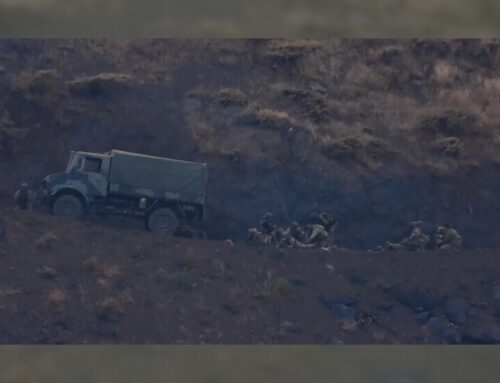
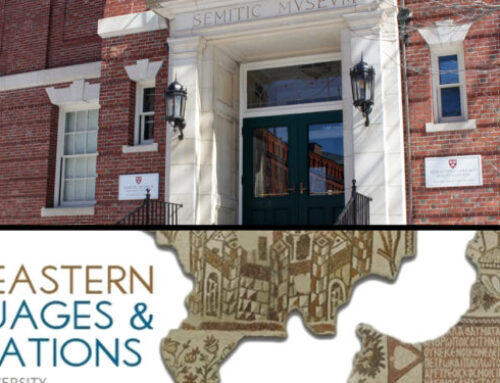
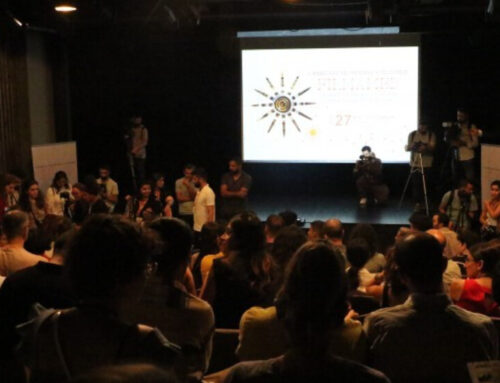
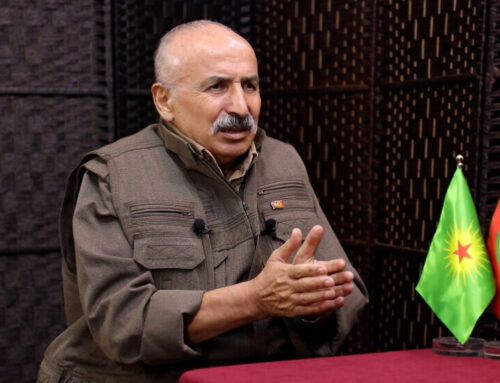
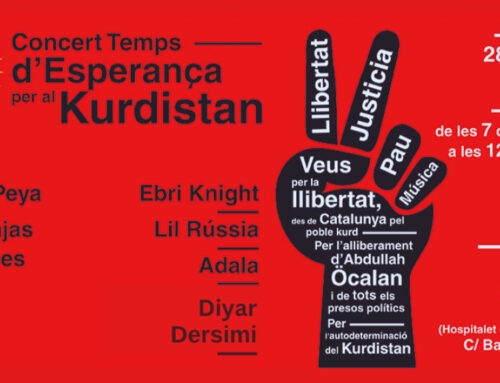

Leave A Comment